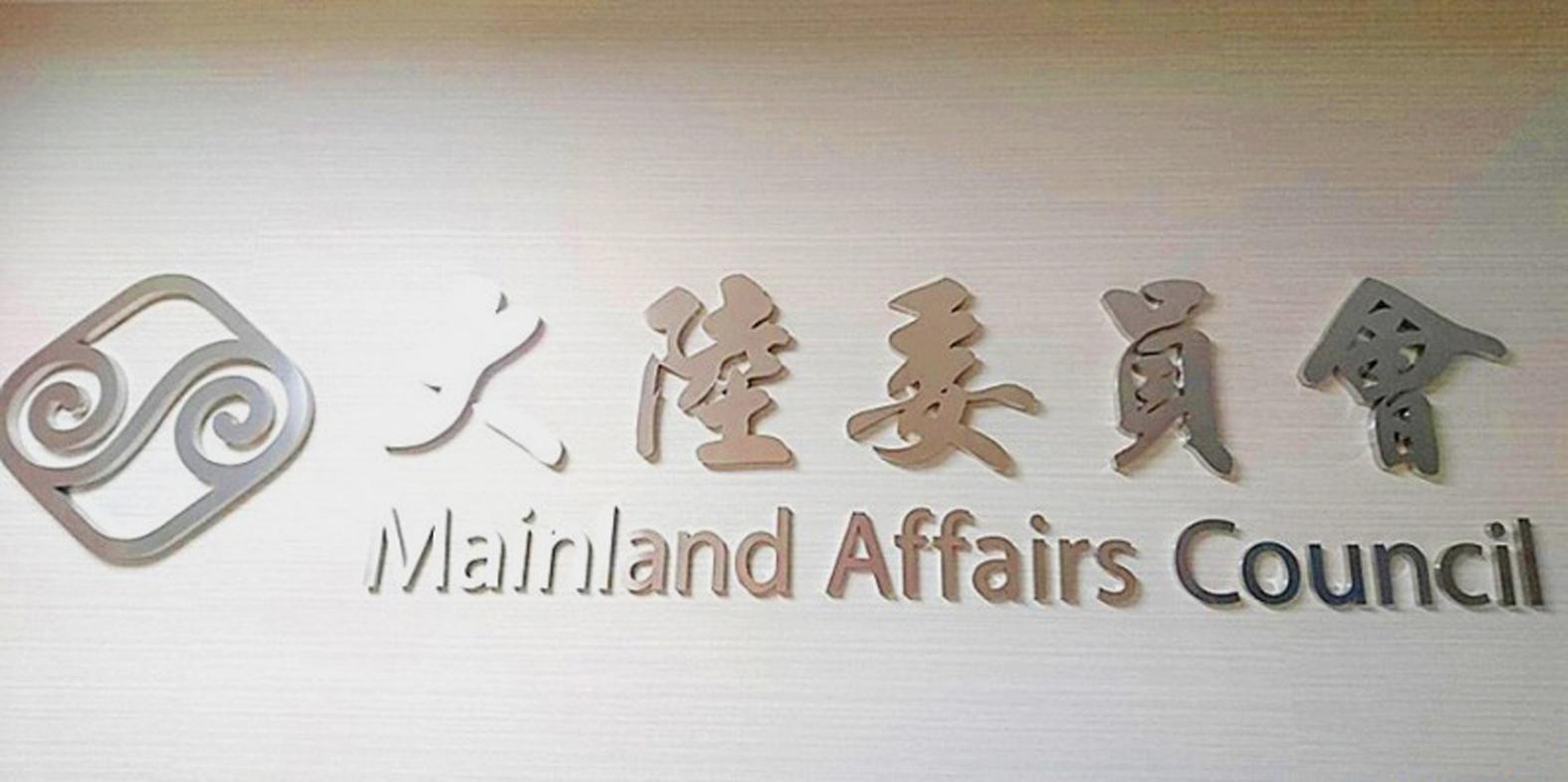The majority of respondents in a survey about Taiwan-China relations support maintaining the “status quo” across the Taiwan Strait, the Mainland Affairs Council said on Thursday.
In a poll of 1,072 people, 84.9 percent said they supported maintaining the “status quo” between Taiwan and China, while 6.8 percent said that Taiwan should declare independence as soon as possible and 1.6 percent said they supported unification with China.
Asked about President Tsai Ing-wen’s (蔡英文) comments about cross-strait relations in her Double Ten National Day address, 77.1 percent said they supported her views, while 12.3 percent were against them.

Photo: Chung Li-hua, Taipei Times
In the speech, Tsai laid out “four commitments”: that the nation will adhere to a free and democratic constitutional system; that the Republic of China and the People’s Republic of China are not subordinate to each other; that the nation will resist annexation or encroachment upon its sovereignty; and that the nation’s future must be decided in accordance with the will of Taiwanese.
The survey, commissioned by the council and conducted by National Chengchi University’s Election Study Center, also showed that 77.1 percent of respondents said they felt that Beijing was “unfriendly” toward Taipei, while 9 percent held the opposite view.
On Beijing’s attitude toward Taiwanese, 57.9 percent said it was “unfriendly,” while 29.1 percent said it was “friendly,” the council said.
The poll showed that public opinion remains strongly against Beijing’s “one country, two systems” formula, with 85.6 percent opposing it and 5.4 percent agreeing with it.
The “one country, two systems” scheme refers to a principle formulated by former Chinese leader Deng Xiaoping (鄧小平) , in which regions such as Hong Kong and Macau could be part of China while retaining their own economic and administrative systems.
The poll, conducted from Nov. 10-14, had a margin of error of 2.99 percentage points.

DEFENSE: The National Security Bureau promised to expand communication and intelligence cooperation with global partners and enhance its strategic analytical skills China has not only increased military exercises and “gray zone” tactics against Taiwan this year, but also continues to recruit military personnel for espionage, the National Security Bureau (NSB) said yesterday in a report to the Legislative Yuan. The bureau submitted the report ahead of NSB Director-General Tsai Ming-yen’s (蔡明彥) appearance before the Foreign and National Defense Committee today. Last year, the Chinese People’s Liberation Army (PLA) conducted “Joint Sword-2024A and B” military exercises targeting Taiwan and carried out 40 combat readiness patrols, the bureau said. In addition, Chinese military aircraft entered Taiwan’s airspace 3,070 times last year, up about

A magnitude 4.3 earthquake struck eastern Taiwan's Hualien County at 8:31am today, according to the Central Weather Administration (CWA). The epicenter of the temblor was located in Hualien County, about 70.3 kilometers south southwest of Hualien County Hall, at a depth of 23.2km, according to the administration. There were no immediate reports of damage resulting from the quake. The earthquake's intensity, which gauges the actual effect of a temblor, was highest in Taitung County, where it measured 3 on Taiwan's 7-tier intensity scale. The quake also measured an intensity of 2 in Hualien and Nantou counties, the CWA said.

The Overseas Community Affairs Council (OCAC) yesterday announced a fundraising campaign to support survivors of the magnitude 7.7 earthquake that struck Myanmar on March 28, with two prayer events scheduled in Taipei and Taichung later this week. “While initial rescue operations have concluded [in Myanmar], many survivors are now facing increasingly difficult living conditions,” OCAC Minister Hsu Chia-ching (徐佳青) told a news conference in Taipei. The fundraising campaign, which runs through May 31, is focused on supporting the reconstruction of damaged overseas compatriot schools, assisting students from Myanmar in Taiwan, and providing essential items, such as drinking water, food and medical supplies,

New Party Deputy Secretary-General You Chih-pin (游智彬) this morning went to the National Immigration Agency (NIA) to “turn himself in” after being notified that he had failed to provide proof of having renounced his Chinese household registration. He was one of more than 10,000 naturalized Taiwanese citizens from China who were informed by the NIA that their Taiwanese citizenship might be revoked if they fail to provide the proof in three months, people familiar with the matter said. You said he has proof that he had renounced his Chinese household registration and demanded the NIA provide proof that he still had Chinese